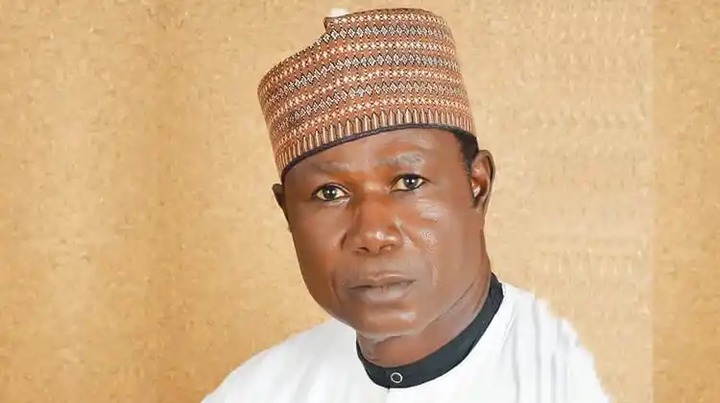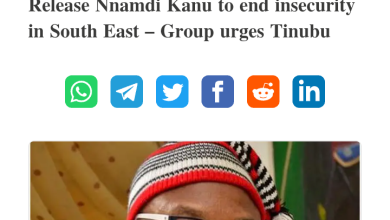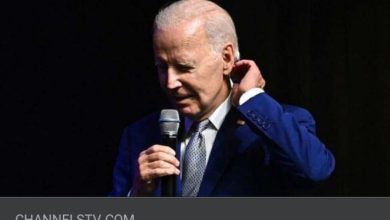Tinubu govt violating constitutional provisions – MBF President, Bitrus

Dr. Pogu Bitrus, the President of the Middle Belt Forum (MBF), has criticized the government’s plan to remove subsidies on education, labeling it as a dangerous move that could lead to setbacks for the country. Bitrus accuses the government of violating constitutional provisions that are designed to protect the welfare of the people. In an interview with DAILY POST, he discusses various national issues, including the consequences of fuel subsidy removal, recent labor union protests, ministerial nominee screenings, and the coup in Niger Republic.
Bitrus expresses concern over the removal of subsidies on both petroleum products and education, which has resulted in a sudden increase in fees for Unity Schools. He stresses the vital role of education in the country’s economic and industrial development, emphasizing that support for education is crucial to nurturing talented individuals who can drive positive change.
Regarding President Tinubu’s nationwide broadcast outlining palliatives to counteract the effects of fuel subsidy removal, Bitrus is critical, stating that the speech lacked substantial solutions. He believes that the government should address the underlying economic issues causing the need for more revenue, rather than merely proposing palliatives as a reaction to protests.
Bitrus expresses doubts about Tinubu’s promise to make the Port Harcourt refinery operational by December, citing previous unfulfilled promises. He believes that the APC government’s track record does not inspire confidence in the success of such commitments.
Commenting on Tinubu’s ministerial nominees list, Bitrus emphasizes the need for the Senate to play a more substantial role in scrutinizing nominees and ensuring that they are qualified for their positions, rather than acting as a rubber stamp.
Regarding the ongoing legal battle over the Presidential Election Petition Tribunal’s judgement, Bitrus expresses hope that justice will prevail, revealing that Nigerians are looking to the court to address issues of electoral injustice.
Bitrus draws parallels between the recent military coup in Niger Republic and Nigeria, suggesting that Nigerian leaders should learn from the events in Niger. He warns that military intervention is possible if politicians continue to disregard the rule of law and neglect the security and welfare of the people.
In response to ECOWAS’ threat of military force against the military leaders in Niger, Bitrus cautions against hasty actions that could further harm Nigeria’s economy and security. He advocates for a diplomatic approach to understand the underlying factors and avoid exacerbating tensions within the region.
Quality-Entertainment (
)





